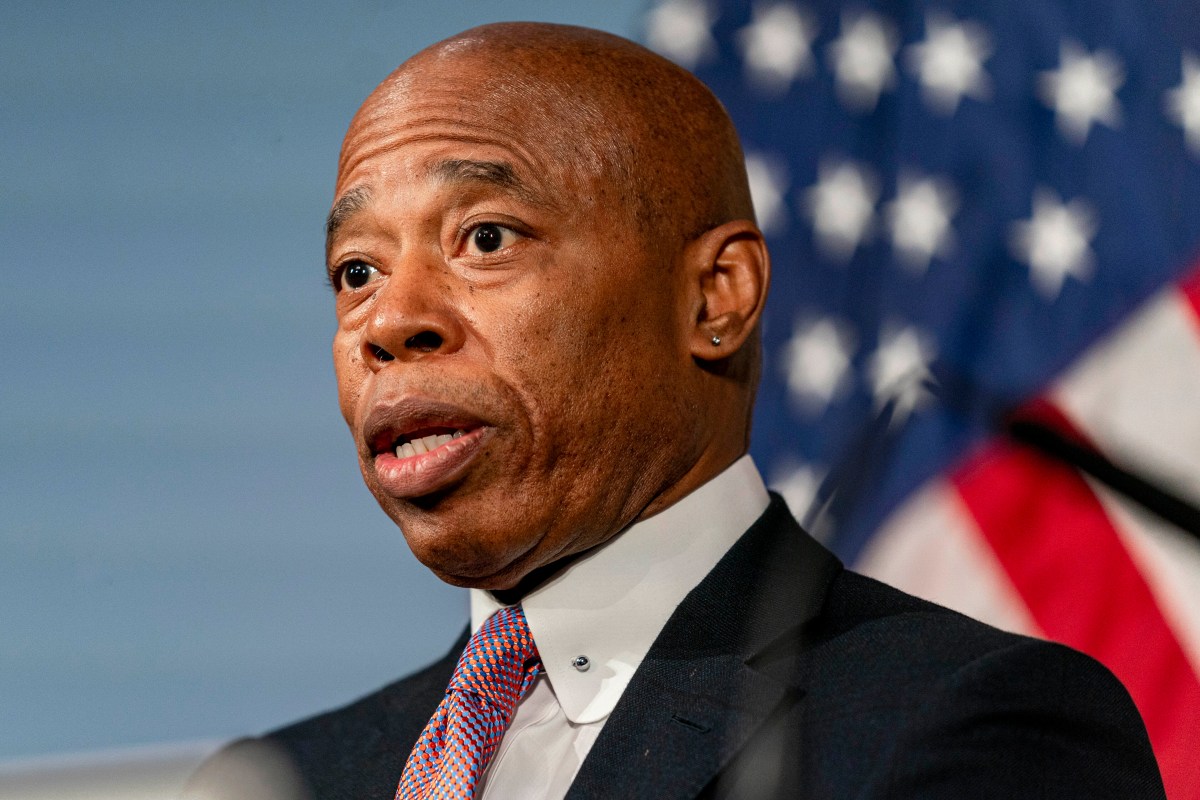The internet is infrastructure. For small businesses and consumers, especially throughout the last year, the value of equal access to online platforms and reliable broadband connectivity cannot be overstated. But bridging the digital divide does not just mean high-speed internet for all, it also means equal access to opportunity – the jobs of the future and skills training, teaching business owners and young people how to thrive online, and ensuring community leaders are free to make their voices heard.
These are no doubt issues that our elected representatives have proven committed to addressing. Unfortunately, the approach some have taken – from state legislatures to members of Congress – is cause for concern. This is why the Bronx Chamber of Commerce joined the other five borough chambers of commerce in calling on New York City’s Congressional Delegation to halt a package of bills aimed at splintering the technology sector by radically altering antitrust law.
As we recover from the pandemic, now is hardly the time to risk limiting our progress. The Bronx Chamber is dedicated to increasing digital adoption across the borough to ensure that all businesses have the necessary tools to succeed. According to survey data, 73% of entrepreneurs believe consumers will be less likely to visit physical stores in the future.
In addition to the role internet-enabled platforms play in our economy, marginalized and underrepresented communities have increasingly used these tools to organize and enact change, especially when it comes to criminal justice and police reform. But the digital landscape is facing a slew of attacks from across the political spectrum.
Earlier this year, a coalition of progressive organizations sent a letter to President Biden warning against “uncareful efforts” to reform Section 230, which shields online platforms from being sued for content created by users. “Lawmakers must consider the intersectional consequence that this will have on activists, sex workers, Black and brown communities, Muslim communities, LGBTQ+ folks, disabled people and other marginalized communities before they make a change that could profoundly alter the state of digital free speech and human rights,” they wrote.
Indeed, social media has the power to amplify important causes and has become a platform for underrepresented groups. For instance, every June, LGBTQ+ voices and allies rally online to celebrate Pride Month. And in the wake of George Floyd’s murder last summer, millions turned to social media to demand justice, with a recent study showing a strong correlation between social media activity and government action on criminal justice reform.
But the unintended consequences of anti-tech legislating do not end with online content moderation. The conversation in D.C. surrounding these antitrust bills could very well impact New York’s local technology sector, which employs hundreds of thousands of residents and has continued to hire, and invest in office space, even during the pandemic.
Fostering competition and growth has been the cornerstone of the innovative ecosystem we’ve worked hard to build in the Bronx and throughout the city. However, should some of these misguided bills become law, many startups may be forced to accept less lucrative deals and forgo venture funding altogether.
The need to deploy reason in debating technology issues has never been clearer. The spread of misinformation, the voices of marginalized communities, and equitable economic recovery are all on the line. The details of future policies – which are quite literally the policies of our future – should be hashed out with the shared interest of consumers and local communities in mind. Reflexive action against tech companies should be replaced by a thoughtful approach that recognizes the need to continue enabling community growth and progress via the infrastructure of today’s online environment.
Lisa Sorin is the president of the Bronx Chamber of Commerce.

























